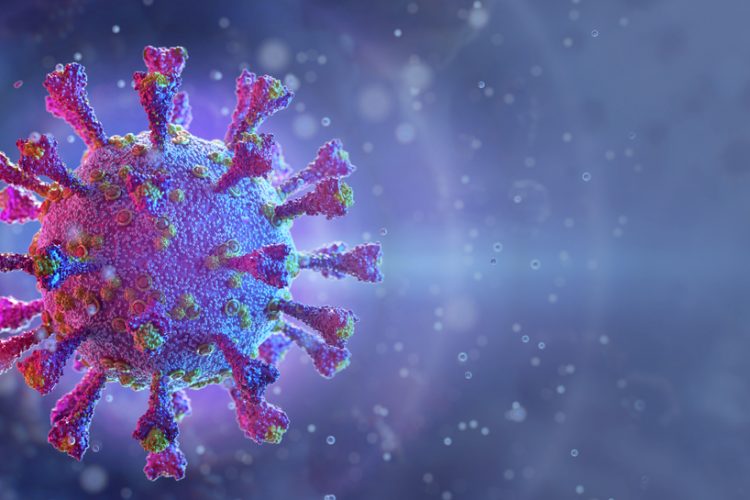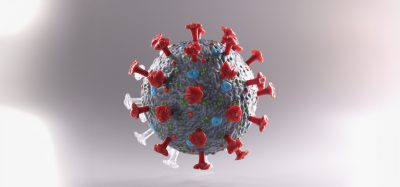COVID-19: rapid and reliable detection method
Posted: 18 September 2023 | Drug Target Review | No comments yet
Commercially available mass spectrometers offer a reliable means of detecting the SARS-CoV-2 coronavirus.


In a recent publication in the Clinical Proteomics journal, researchers affiliated with Martin Luther University Halle-Wittenberg (MLU) have introduced a novel approach that utilises equipment already in use in hospitals and laboratories for identifying bacterial and fungal infections. Remarkably, this technique provides results within a mere two-hour timeframe. The research team believes that this adaptable approach could be pivotal in addressing future pandemics and the detection of various pathogens.
The novel procedure commences with the collection of a nasal or throat swab. Following collection, the sample undergoes necessary preparations before being subjected to analysis by a mass spectrometer, a process that takes only a few seconds. Employing MALDI-TOF mass spectrometry, a laser pulse is employed to transition the sample into the gaseous phase, permitting the precise measurement of individual components’ masses. Professor Andrea Sinz, an expert in mass spectrometry and proteins from the Institute of Pharmacy at MLU, asserts that this enables the direct and unambiguous measurement of individual virus particles of the coronavirus, effectively eliminating false-positive results. Notably, Professor Sinz’s team had previously demonstrated, in July 2020, that mass spectrometers could indeed detect SARS-CoV-2, albeit through a more time-consuming and resource-intensive process at that time.
What sets this new approach apart is its reliance on MALDI-TOF mass spectrometers, which are already widely employed in numerous laboratories and clinics for diagnosing bacterial and fungal infections, making them readily accessible. These devices even possess the capacity to differentiate between various strains of the virus. However, it’s important to note that this method is not as sensitive as the polymerase chain reaction (PCR), the current gold standard for COVID-19 testing. Consequently, it may not detect infections with very low viral loads. Nonetheless, it offers a significant advantage in terms of speed and flexibility. Lydia Kollhoff, the lead author of the study, explains that during acute phases, this method could complement PCR testing by rapidly analysing a large number of samples, thereby simplifying outbreak containment efforts. Furthermore, the adaptability of this approach positions it as a valuable resource for future pandemics and a potential supplement to PCR testing.
The researchers from Halle are actively working to further refine this method in collaboration with the University of Leipzig Medical Centre. Subsequently, the technique will undergo a certification process to ensure its clinical applicability.
Related topics
Covid-19, Proteomics, Targets
Related conditions
Covid-19
Related organisations
Martin Luther University Halle-Wittenberg (MLU)








